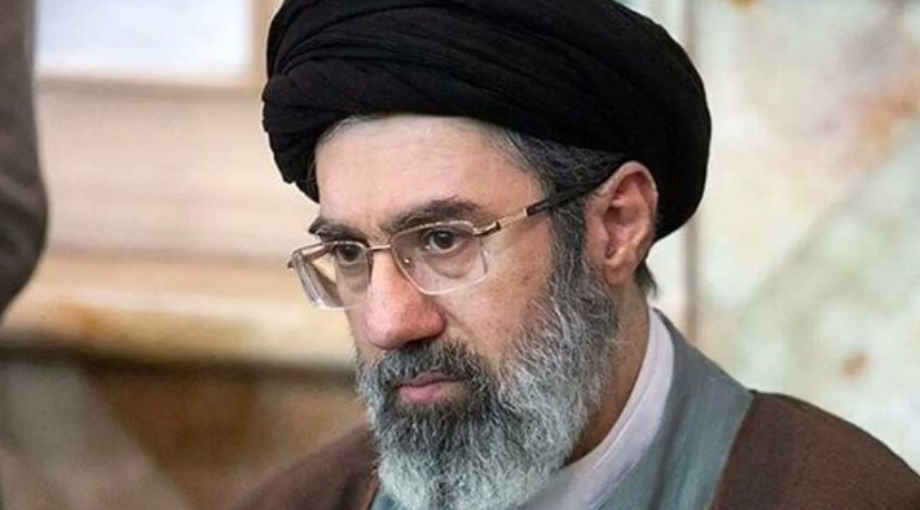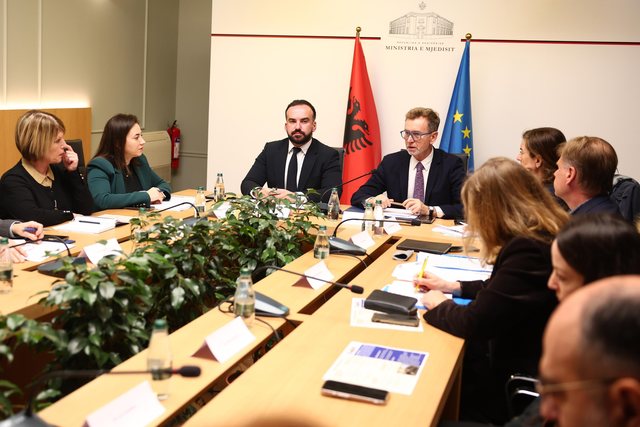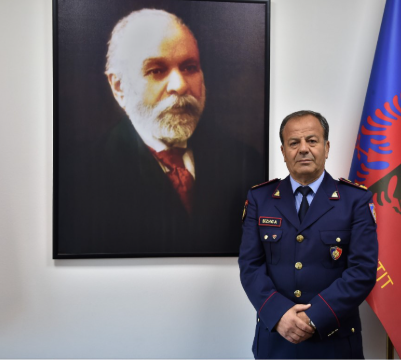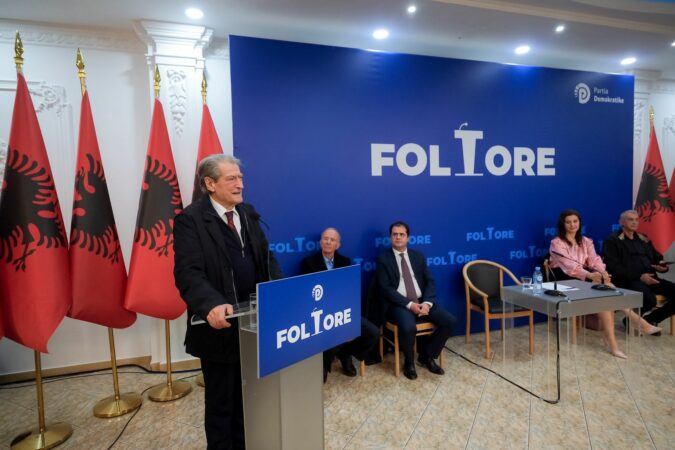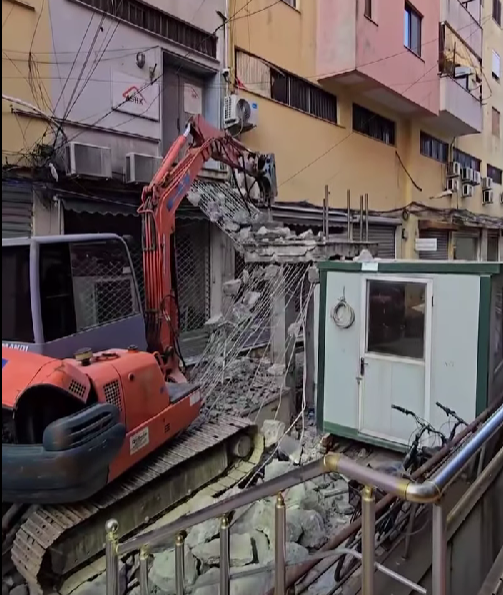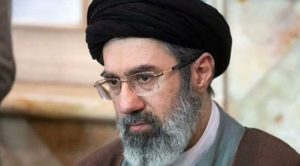Albania Power Plant Approval Angers Greens
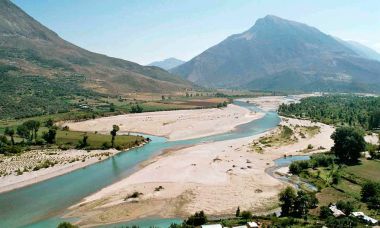
Albaian environmentalists have voiced dismay over the government's decision to give initial approval to the proposal of a Turkish company, paving the way for a concessionary agreement to build the Pocem Hydropower plant on the Vjosa River.
The company in question is Çinar-San Hafriyat Nakliyat Inşaat Turizm Sanayi Ve Ticaret Limited Şirketi. Albanian law allows companies to make proposals to build hydropower plants after which the government open a tender in which the company that made the first proposal has an advantage assigned by the government.
Although in theory other companies can still bid for the concession, the first proposal almost always wins. The Vjosa River in southern Albania is considered the last wild river in Europe and a group of Albanian and foreign environmental protection organizations are campaigning to convince the government to annul plans to build a chain of hydropower plants there.
The government decision goes against the promise given by Prime Minister Edi Rama during the campaign for the June local elections to make the area a protected national park. “The Pocem hpp is one of eight plants projected on the Vjosa by previous governments and we have always sought annulment of these plans,” Besjana Guri, an activist from Eco Albania organization, told BIRN.
“We see now the government has decided to give another concession exactly when the Prime Minister declared that he was working to create the Vjosa National Park,” Guri added. Rama promised to stop hydropower development in the zone on 13 June, when he was visiting the area in the election campaign.
“We will transform the Vjosa in a national park to stop the barbarity of hydropower plants and to develop tourism, economy, agriculture, so to empower the domestic economy and increase the number of visitors to this big park,” Rama said. “Vjosa is one of the most beautiful rivers in Europe, it is a great European treasure. In collaboration with international organizations we will implement the project of Vjosa as a National Park,” Rama added.
About 270 km long, Vjosa is considered as one of the last wild rivers of Europe. It runs uninterrupted from its source in Greece to the Adriatic Sea. Albania's communist government developed the earliest plans back in 1970 to build a chain of eight hydropower plants with artificial reservoirs, hoping to produce some 2.2 TW/h of electricity and cover about a third of the country's electricity needs.
The post-communist government in 1997 signed a concession to build Kalivaçi, an 80 MW HPP and one of the eight projected hydropower plants. Kalivaci's construction has dragged on, however, and the owner of the concession, Francesco Becchetti, is currently under investigation for money laundering. Over the past years, eight concessionary agreements were signed by the previous government to build small and medium plants on the Vjosa's tributaries, raising further serious concerns. An investigation by BIRN revealed that one of the plants, the Lengarica, was approved by authorities in disregard of laws and regulations on nature protection.
Earlier this year, a group of Green MEP drafted an amendment in the European parliament on Albania’s progress toward EU, urging the authorities “to re-think plans to build hydropower plants along the Vjosa river and its tributaries, since these projects would harm one of Europe’s last extensive, intact and near natural river ecosystems”.
Concessionary agreements on hydropower plants are usually granted for 30 years to private companies on condition that the national power corporation KESH then buys the power under a negotiated price for the whole period of the concession.“We continue to believe that declaring Vjosa a national park includes an explicit ban on any dam in the river ba sin. We will continue to support the community in fighting the construction of new plants on Vjosa,” Guri vowed.
 KOHA JONË SONDAZH
KOHA JONË SONDAZH










